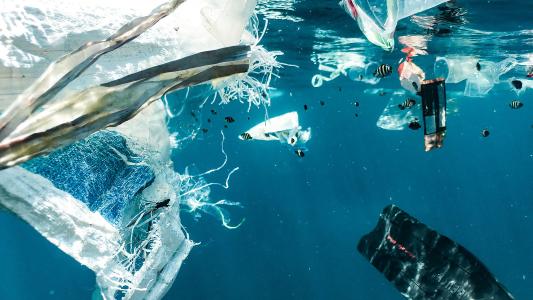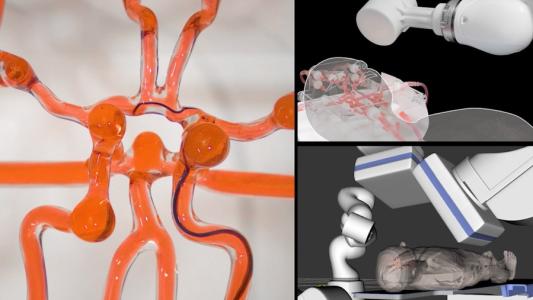Biology
Self-healing robot skin created out of human cells
University of Tokyo researchers have created a living skin, made from human cells and collagen, for a robotic finger.
Study reveals the dynamics of human milk production
MIT researchers performed a large-scale study of the cells in human breast milk, allowing them to track how these cells change over time.
Genetic mutations can be benign or cancerous – here’s a new way to identify them
Identifying the difference between normal genetic variation and disease-causing mutations is vital for determining a person's treatment.
Why haven’t plastic-eating bacteria fixed the plastic problem yet?
Texas scientists have created an enzyme that could keep billions of pounds of plastic out of landfills.
First CRISPR’d cockroaches open door to other gene-edited insects
It’s now easier for scientists to create gene-edited insects thanks to a new technique called “direct parental CRISPR.”
Ultrathin fuel cell uses the body’s own sugar to generate electricity
Batteries have a limit to how small they can be made, and they need to be charged. What if you could power your own medical device?
Gene editing could reverse anxiety and alcohol-use disorder
Gene editing may be a treatment for anxiety and alcoholism in adults who were exposed to binge-drinking in their adolescence.
‘Mad honey’: The rare hallucinogen from the mountains of Nepal
On the mountainsides of Nepal and Turkey, bees sometimes produce a strange and dangerous concoction: mad honey.
Joystick-operated robot could help surgeons treat stroke remotely
With a modified joystick, surgeons in one hospital may control a robotic arm at another location to safely operate on a patient.
How Robert Langer, a pioneer in delivering mRNA into the body, failed repeatedly but kept going
Langer published the first paper to show that it was possible to deliver nucleic acids like RNA and DNA to the body via tiny particles.









